
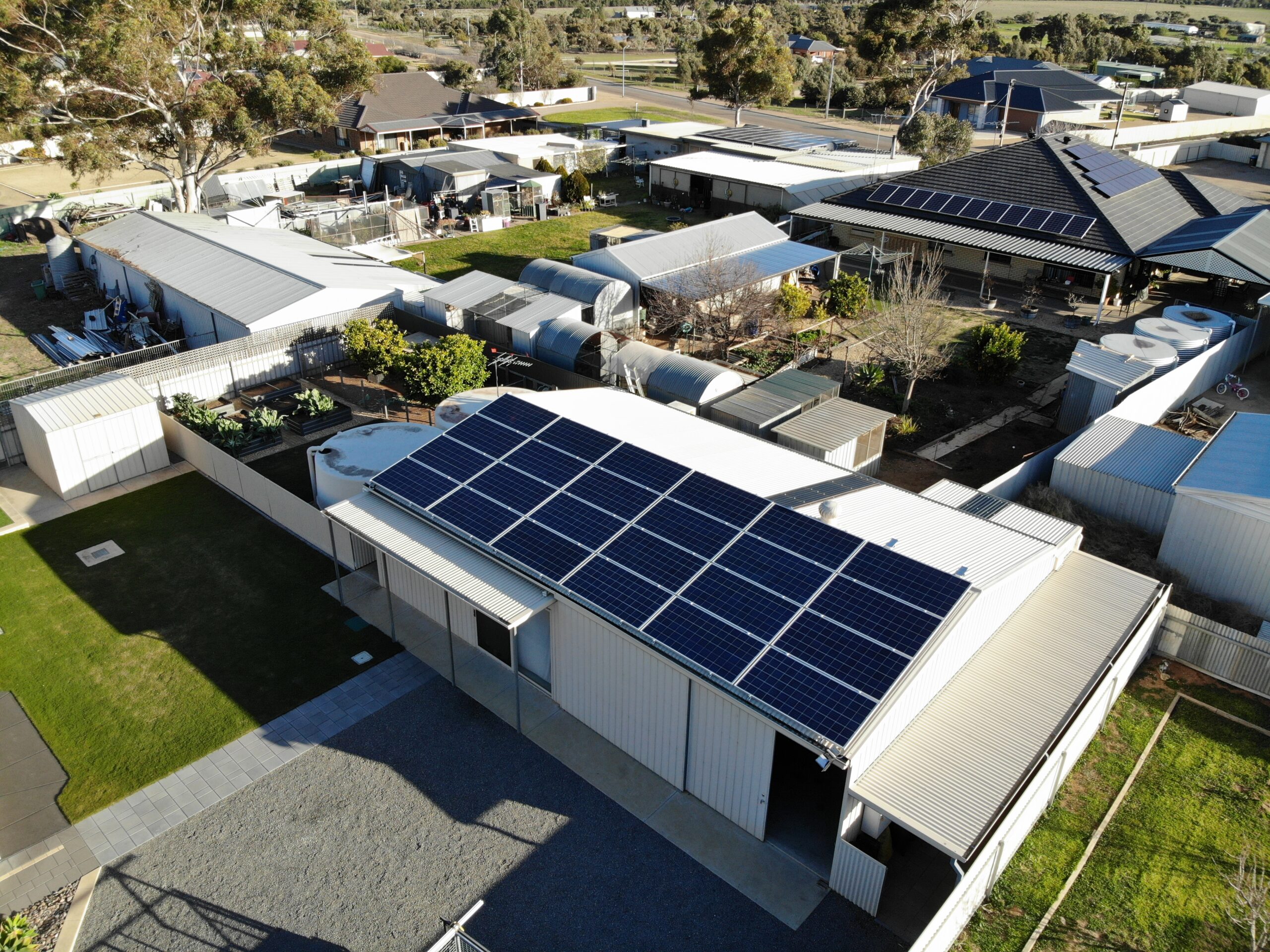
Going ‘off the grid’ for your energy needs means relying solely on self-generated sources of electricity, without any connection to the utility grid. While this lifestyle is very appealing, it can be challenging to achieve, particularly for those living in dense suburbia who are already connected to the grid.
In most cases where there is already a sufficient connection to the mains grid, it is better to keep that grid connection as a backup to a ‘grid-connected solar and battery system’. Rather than going off-grid.
Going completely off-grid requires a significant upfront investment in equipment and infrastructure. In suburban areas, the installation of solar panels, wind turbines, and other off-grid infrastructure may be subject to local laws and building codes. Most notably, noise level restrictions for backup generators. Depending on your location and how close you are to your neighbours, you may need to check with your local council before you can proceed with your off-grid plans.
Another challenge of going off-grid in the suburbs is that it can be difficult to completely disconnect from the utility grid. Electricity Distributors don’t make it easy to ‘cut the cord’ completely, so this process can be lengthy and expensive. And even if you generate all of your own electricity via solar, you will still need to rely on a backup power source during times of high energy demand or when your own energy generation is insufficient. In true off-grid scenarios, this is achieved with a backup generator.
Despite these challenges, it is possible to go off-grid in the suburbs. If you are committed to getting away from electricity retailers, you will need to research your local regulations, invest in the necessary equipment, and potentially make lifestyle adjustments to conserve energy if you only have a limited space for solar generation. Ultimately, going fully off-grid in the suburbs is a personal decision that is based on your individual circumstances.


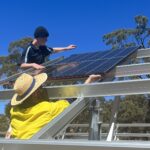
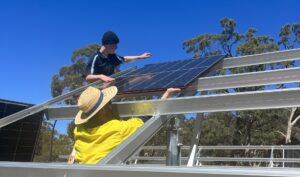
A non-biased list of things to consider when choosing your off-grid energy provider
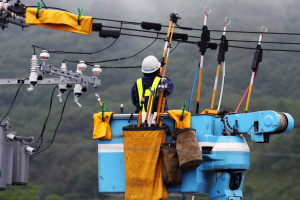
Over-investment in network infrastructure, that we don’t actually need, is the real reason our electricity bills keep going up.

The short version of how Off-Grid Energy Australia began and how we have progressed since those early days.
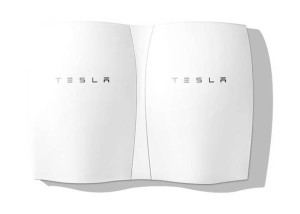
Australia will be one of the first countries to receive the much anticipated Powerwall. Here’s the details on what it means for your home’s solar system.
Electrical Contractor Licenses: VIC REC-31913, TAS 15608294, WA EC15901, SA PGE278927, NSW 279181C
We acknowledge the Traditional Owners of Country throughout Australia and recognise their continuing connection to land, waters and culture. We would like to specifically acknowledge the Kaurna, Wathaurong, Wonnarua, Wiradjuri and Boonwurrung people. We pay our respects to their Elders past, present and emerging.